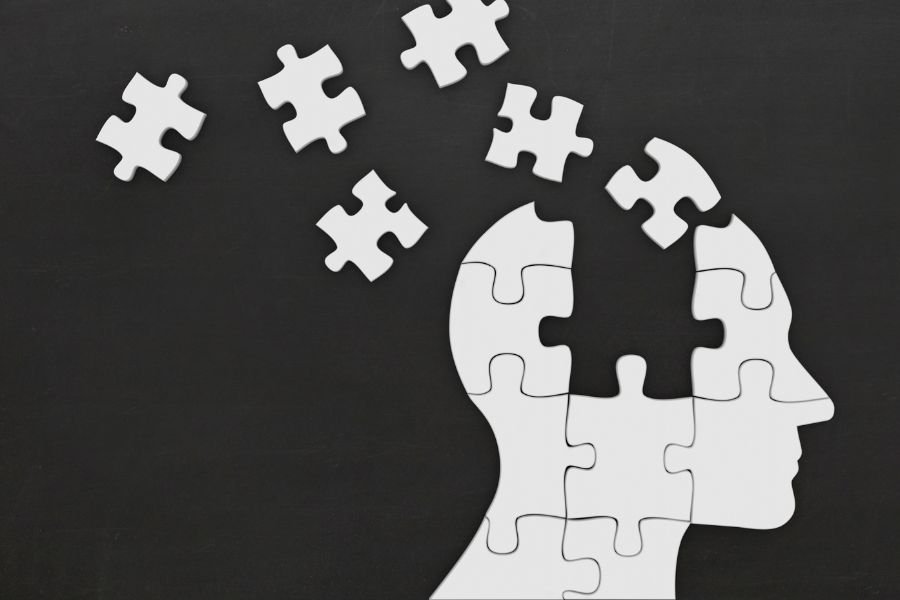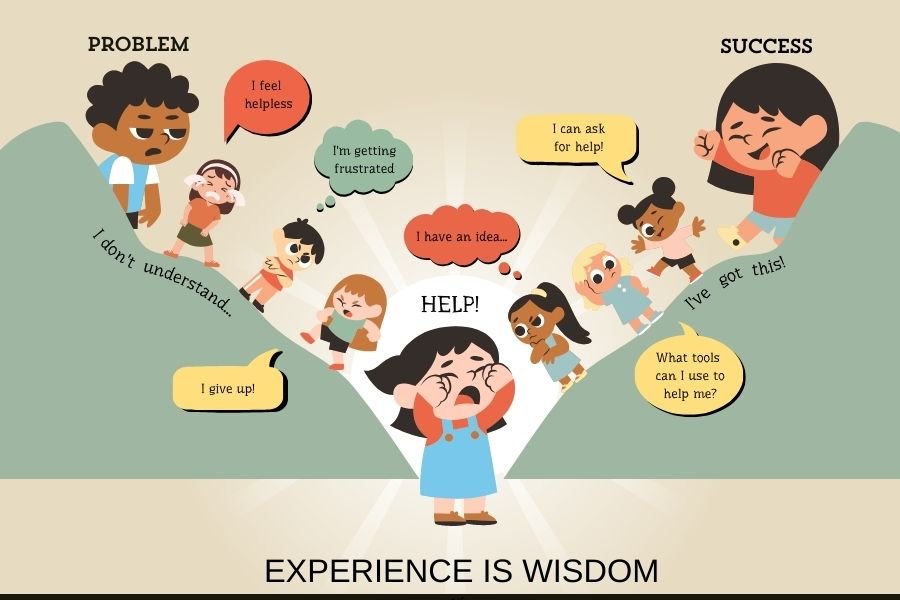Author: Kirti Gosain
What is the biggest gift you can give your child? Undoubtedly the answer is “A good life.” The next question that comes up is What exactly makes a life, a good life? Well, a good life is a synergy of Happiness in life, Meaning in life, good Emotional and Physical health, the art of having good and long-lasting social relationships, and yes also having a meaningful career. It’s important that from a very young age, a certain set of skills are inculcated in children so that they are onto a path where they live a good life.
A child needs to be gifted knowledge by parents, teachers, mentors so that they can live a happy life. From a very young age, the child needs to be taught that life has to have a meaning and the child needs to be guided in his or her journey of finding that particular meaning in their life. It’s also important for a child to be mentored into having good emotional and physical health. Drawing a parallel to all these aspects it’s important for the child to Build long-lasting social relationships and at the end of it all having a meaningful career so that the child can prosper in the journey of life.
We at Mindful Souls, empower the child to develop Communication skills, Cognition skills, Socio-emotional skills, and Motor skills that will ultimately equip them for the journey of life. Indeed all in sync for your child to have a good life. Our prime focus is on teaching the child to lead a more mindful life. We ensure that the Child’s emotional wellbeing is taken care of. It’s of utmost importance that we educate the child and mold the child into having a good character. We make sure that the child finds meaning in his or her life. All this together leads to a child having a good life, a good life that you can gift your child.
United Nations Convention on the Rights of the Child (CRC), demonstrates the scope and heterogeneity of the concept of well-being. Rights are implicitly understood as promoting well-being or providing opportunities for well-being, referring to the economic and emotional quality of children’s lives, as well as their psychological states, material, social, and cultural environments, and their development and realization of their potentials.
Research conducted by a scholar of Concordia University found that mindfulness was: positively correlated with positive emotion, friendship extensivity, and popularity; negatively correlated with perceived stress, negative emotion, anxiety, and depression. Mindfulness interventions have been shown to be capable of addressing the problems of the young people who take part, and improve their well-being, reduce anxiety, distress, reactivity, and bad behavior, improves sleep, self-esteem, and bring about greater calmness, relaxation, and self-regulation and awareness.
Researchers from Ghent University and the University of Rochester found that when children’s psychological needs are satisfied, children report more well-being, engage in activities with more interest and spontaneity (intrinsic motivation), more easily accept guidelines for good behaviors (internalization), display more openness in social relationships, and are more resilient when faced with adversity and distress.
 References
References
https://www.ohchr.org/en/professionalinterest/pages/crc.aspx
https://spectrum.library.concordia.ca/975707/1/NR31126.pdf
https://tinyurl.com/Article-313829695-researchgate














